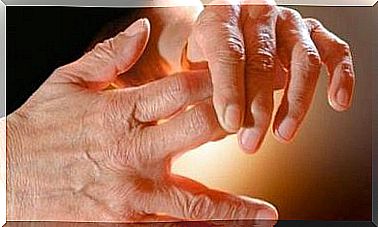Health Consequences Of Loneliness In Old Age
Loneliness can have similar effects as chronic stress on brain health and also negatively affect the hormonal and immune systems, which in turn makes those affected more susceptible to illness.
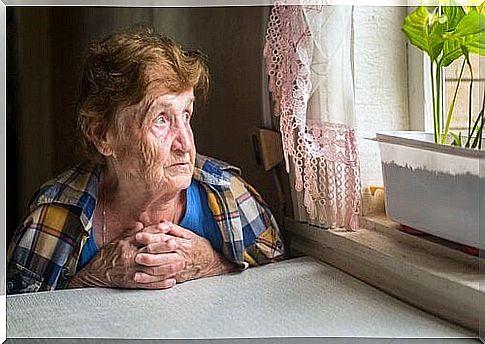
Sadness, anger or disappointment often lead to voluntary isolation and the search for calm and loneliness in old age.
However, once calm has returned, most will feel the need for company and support. Supporting those people who make life worth living in one way or another.
Only few people willingly choose solitude. To be surrounded by people is an indisputable basic human need.
But some people involuntarily suffer from loneliness in old age , they are abandoned by their family or have no friends.
Loneliness is unhappy and often leads to premature death, this has been confirmed in various studies.
Brain health (dementia) and cardiovascular health (high blood pressure) are also negatively affected.
What are the effects of loneliness in old age?
It is estimated that 10% of the elderly population suffer from negative loneliness, which means that it also affects their emotional and physical health.
70% of them have serious physical or mental health problems caused by loneliness.
In general, loneliness affects brain health in much the same way as chronic stress does. Both cause a negative response from the endocrine system and the immune system, which in turn makes the organism more susceptible to various diseases.
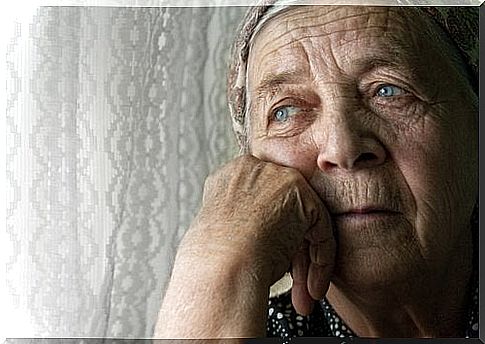
Manuel Martín Carrasco, Director of the Institute for Psychiatric Research (IIP), explains that the most common illnesses caused by loneliness are “high blood pressure, diabetes, repeated infections, anxiety and depression”.
In older people, the effects are much more direct and negative than in younger people due to their reduced physical resistance , which means that the organism is less able to withstand and adapt less to different conditions.
In addition, the repair mechanisms are also reduced due to age.
Further effects
What is worrying is that the loneliness problem of the elderly is growing and in a few years it will become a major health problem worldwide.
Experts in the field confirm that less loneliness has clear health benefits for the elderly, as it is believed that “the most important factor in a good quality of life is social relationships”.
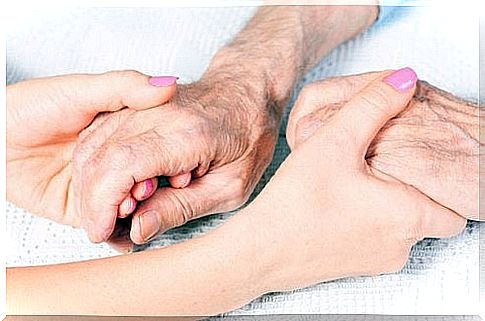
Women’s Royal Voluntary Service President David McCullough counts with the support of 40,000 volunteers serving the elderly in the UK.
He assures that the problem of loneliness and the associated health consequences are spreading more and more.
The volunteers of this organization mainly take care of elderly people who are lonely and sick and who have lost their mobility and often also mental abilities.
The data released in the UK show that a large proportion of the adult population feels lonely or very lonely. Especially from the age of 65.
That is why the organization Women’s Royal Voluntary Service helps care for many people who are lonely. Even social contact during the day can greatly reduce the negative consequences.
Is there a solution?
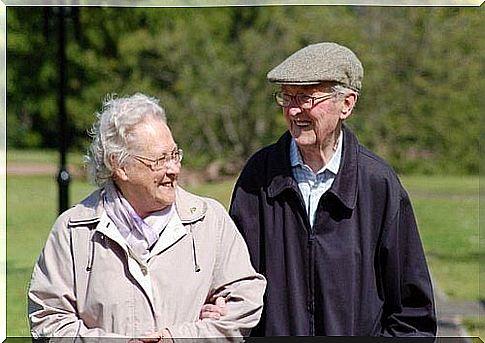
When an elderly person is lonely, life-long social activities are extremely important.
It is therefore far more difficult to help someone who has had few social contacts and is marked by rejection, fear or disorganization.
But with personal care and psychological or psychiatric treatment, it is possible to cope with the problem. And to solve those situations that were previously ignored.
Supporting organizations, friendship offers or groups for older people as well as the daily conversation with someone can help. It can improve health in many aspects.








